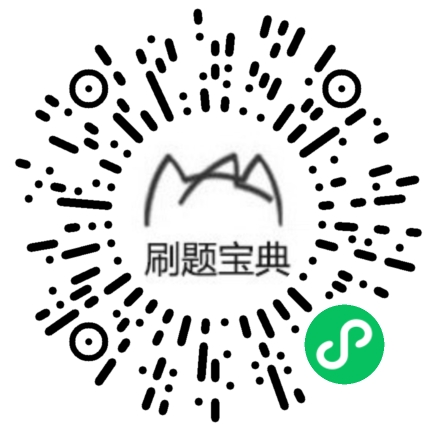根据下面资料,回答21-25题
On Wednesday, the House Antitrust Subcommittee will hear testimony from the CEOs of the Big Four tech firms: Amazon, Apple, Facebook, and Google. But the hearing may have the unintended consequence of associating the problem of economic concentration with Big Tech alone. The truth is that, even if Congress somehow ordered the breakup of all four tech giants, the U. S. would still have a surprising number of industries controlled by a tiny number of firms.
Amazon's rapidly expanding e-commerce empire is definitely worth worrying about. But among the other forces squeezing out small retailers are dollar stores, a market segment dominated by two firms that together have about six times more outlets in America than Walmart.
Whether you are shopping for pacemakers or wholesale office supplies, you will find very few sellers. You think you have choices in grocery aisles or at car-rental counters, but the majority of consumer products come from a handful of companies. Competition is hardly stiff when even many store brands are just renamed versions of market-leading products;at Costco, the batteries come from Duracell and the coffee from Starbucks.
To focus the discussion of monopoly on the tech sector is to minimize the scope of a problem long in the making. Forty years ago, the government essentially stopped policing industry concentration. The conservative legal theorist Robert Bork and his allies in the law-and-economics movement argued that any merger making businesses more efficient must be approved, and that a larger scale generally increases efficiency. Bork's analysis gained enormous power in the courts and the administration. The lawyers and the bankers who handled mergers and acquisitions loved it.
All Americans suffer from the wave of corporate consolidation that followed. Workers have fewer bidders for their labor and cannot secure decent wages. The number of start-up businesses has dived since the late 1970s. Products and services grow worse, and companies with little competition have no incentive to improve them. Concentrated supply chains are more vulnerable to disruption. Fewer firms shovel more economic gains to smaller groups of executives. In a variety of industries, the pandemic has added to the burden on small companies while heightening the advantages enjoyed by their larger rivals that can afford to wait the catastrophe out.
The unique challenges presented by Big Tech at least receive generous media coverage. But headlines about the damage non-tech behemoths have done are waiting to be written. A decades-long consolidation of the banking industry was routinely justified in the name of consumer welfare, but millions of Americans are still unserved.
Prohibiting mergers and breaking up companies that contribute to such negative effects would allow America to be governed democratically, rather than by the corporate boardroom. Congress should scrutinize the concentration in internet search, social media, e-commerce, and telecom hardware. But to topple monopolies, lawmakers need to cast a wider net.
Bork's analysis is mentioned to______
A account for the long-standing monopoly problem
B justify the government regulation on monopoly
C show the difficulty of challenging tech monopolies
D illustrate the advantages of mergers and acquisitions
